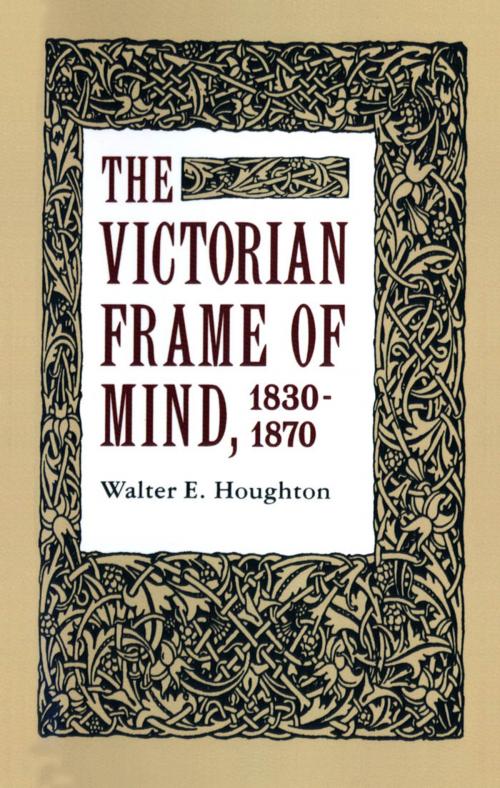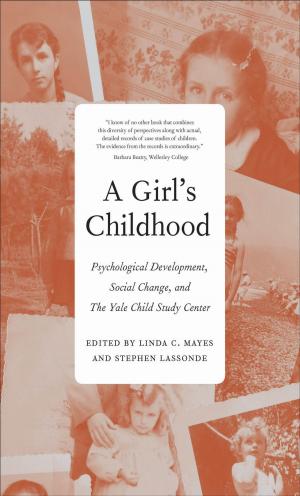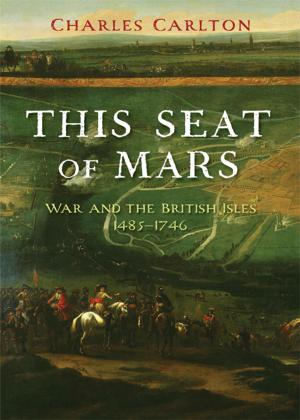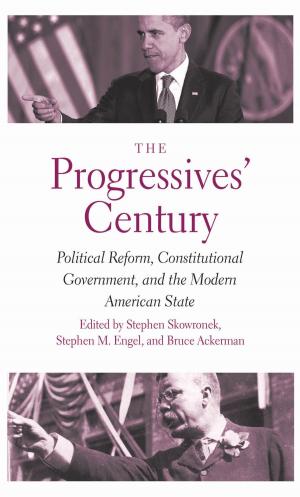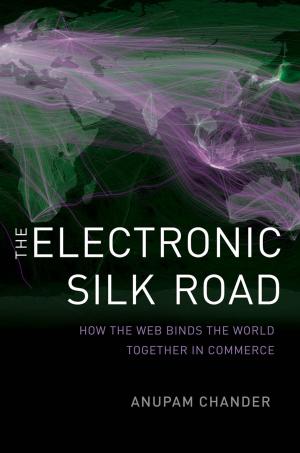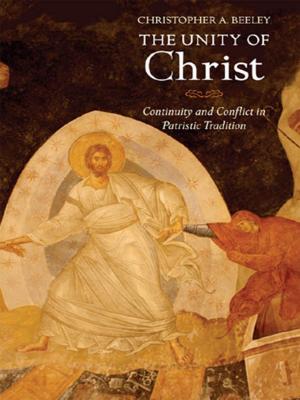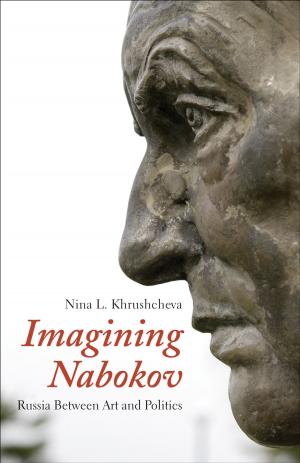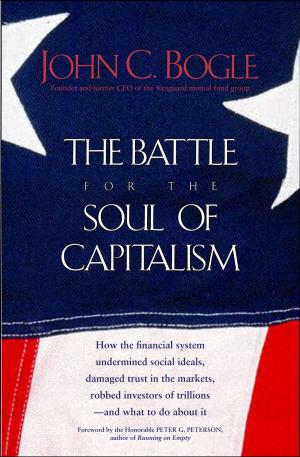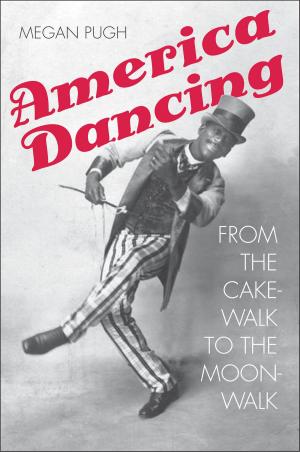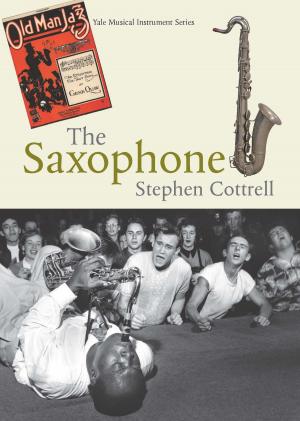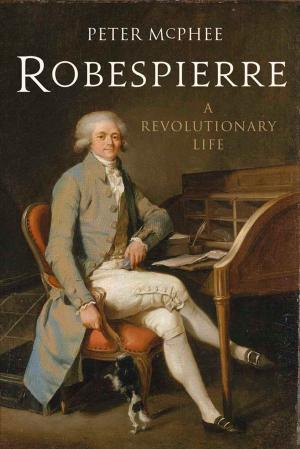| Author: | Walter E. Houghton | ISBN: | 9780300194289 |
| Publisher: | Yale University Press | Publication: | October 29, 2014 |
| Imprint: | Language: | English |
| Author: | Walter E. Houghton |
| ISBN: | 9780300194289 |
| Publisher: | Yale University Press |
| Publication: | October 29, 2014 |
| Imprint: | |
| Language: | English |
ôIt is now forty years,ö Walter Houghton writes, ôsince Lytton Strachey decided that we knew too much about the Victorian era to view its culture as a whole.öá Recently the tide has turned and the Victorians have been the subject of sympathetic ôperiod pieces,ö critical and biographical works, and extensive studies of their age, but the Victorian mind itself remains blurred for usùa bundle of various and often paradoxical ideas and attitudes.á Mr. Houghton explores these ideas and attitudes, studies their interrelationships, and traces their simultaneous existence to the general character of the age.á His inquiry is the more important because it demonstrates that to look into the Victorian mind is to see some of the primary sources of the modern mind.
ôIt is now forty years,ö Walter Houghton writes, ôsince Lytton Strachey decided that we knew too much about the Victorian era to view its culture as a whole.öá Recently the tide has turned and the Victorians have been the subject of sympathetic ôperiod pieces,ö critical and biographical works, and extensive studies of their age, but the Victorian mind itself remains blurred for usùa bundle of various and often paradoxical ideas and attitudes.á Mr. Houghton explores these ideas and attitudes, studies their interrelationships, and traces their simultaneous existence to the general character of the age.á His inquiry is the more important because it demonstrates that to look into the Victorian mind is to see some of the primary sources of the modern mind.
